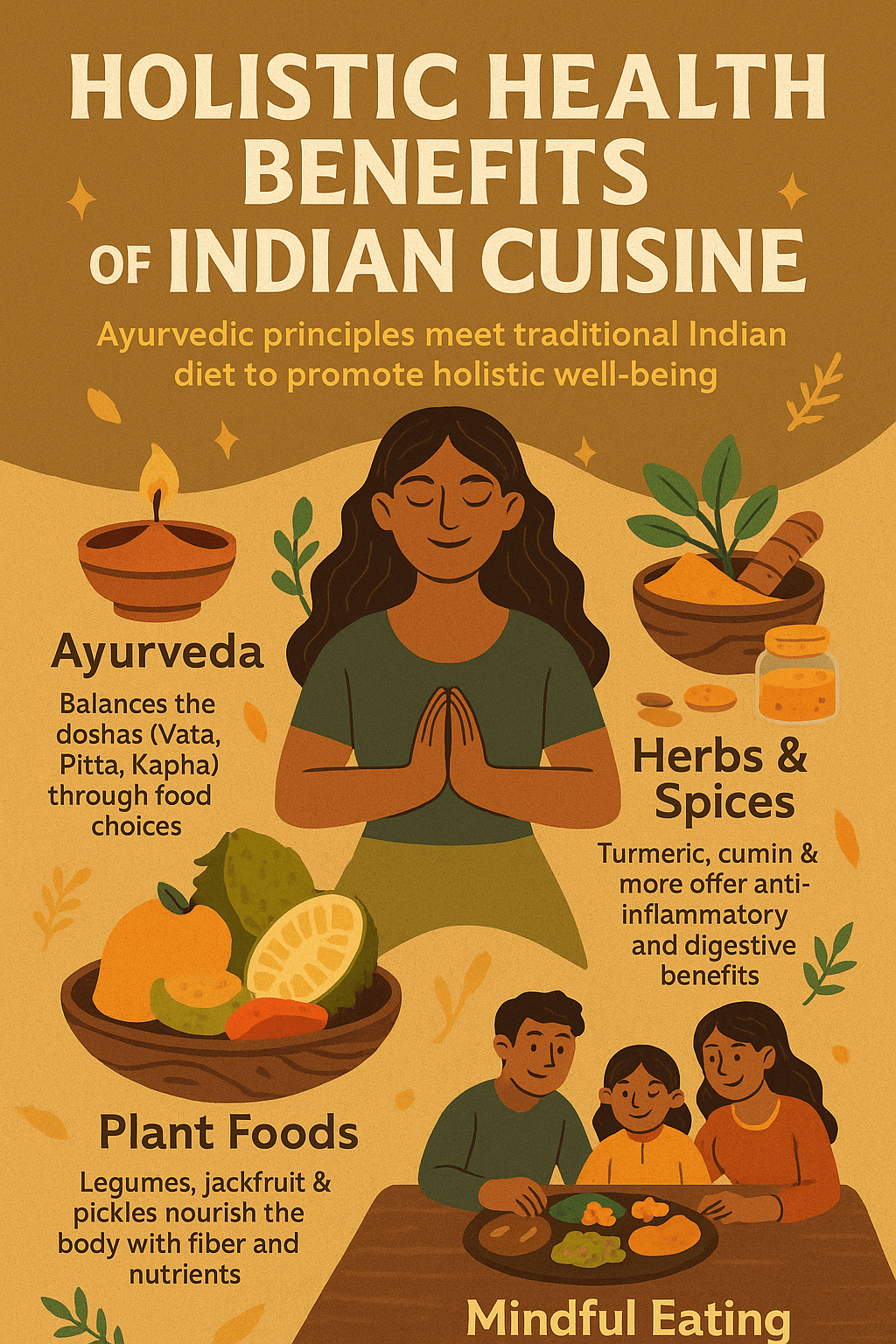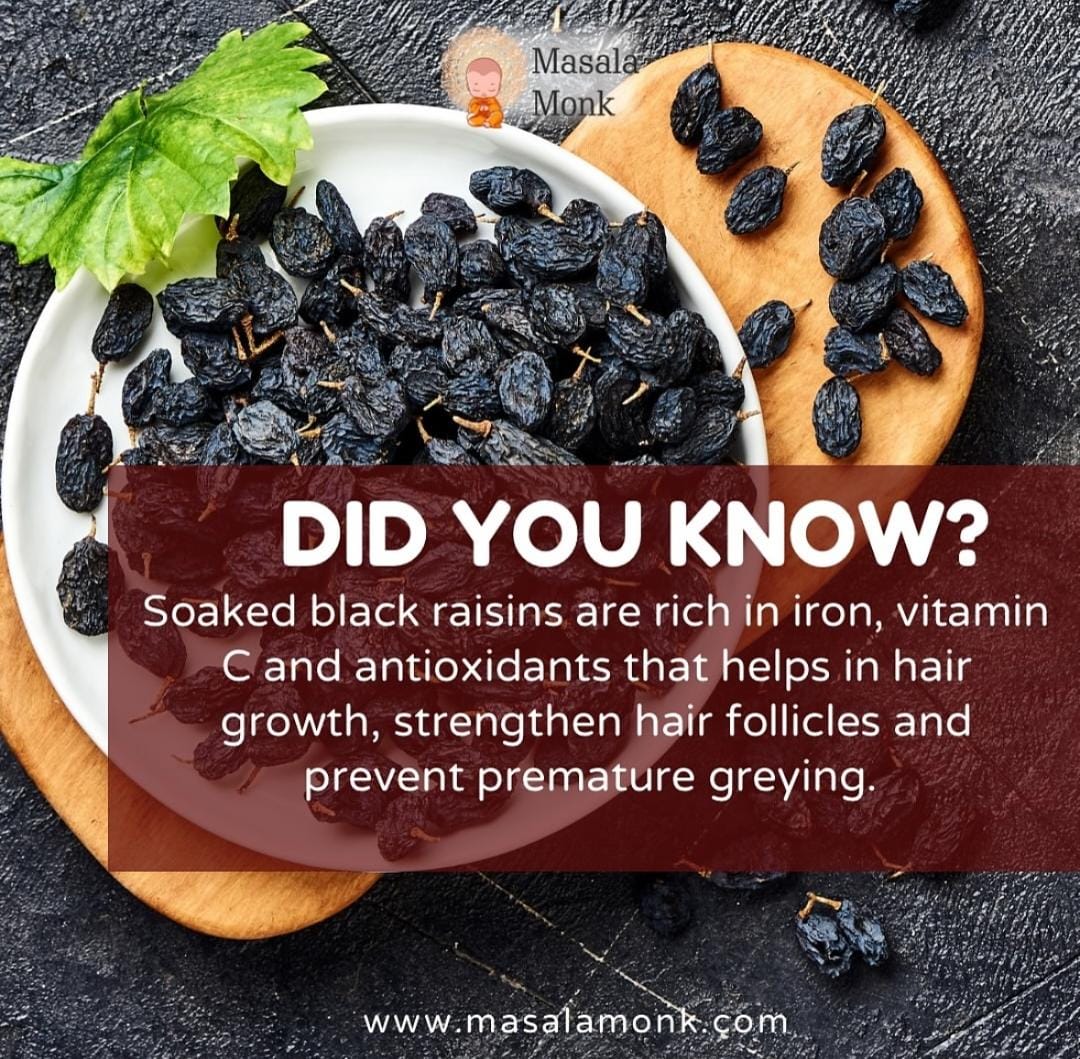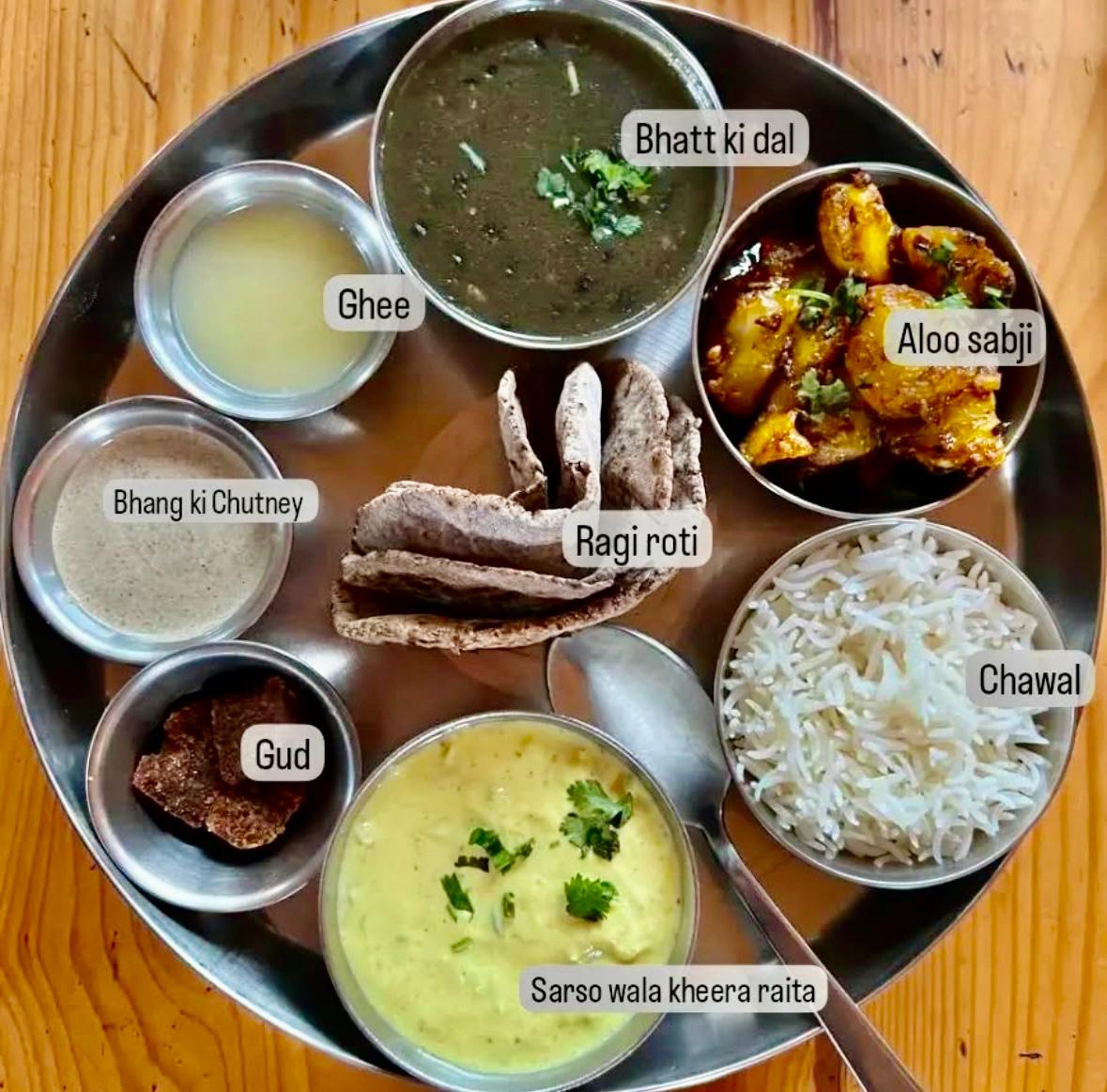
Indian cuisine is globally celebrated for its rich flavors, vibrant colors, and aromatic spices. But beyond its taste appeal lies a deeper philosophy one that intertwines food with health, balance, and overall well-being. Indian food isn’t merely about indulgence; it’s a nutritional system rooted in thousands of years of wisdom, designed to nourish the body, mind, and soul.
In this post, we’ll explore how Indian cuisine offers a holistic approach to health, examining its alignment with Ayurvedic principles, the importance of whole foods, the medicinal role of spices, and the powerful impact of mindful eating.
Ayurveda: The Ancient Blueprint of Indian Food Philosophy
At the heart of traditional Indian cooking lies Ayurveda, a 5,000-year-old system of natural healing. Ayurveda sees food as medicine and places a strong emphasis on eating according to one’s constitution or dosha Vata (air and ether), Pitta (fire and water), and Kapha (earth and water).
Each dosha is linked to different physical and emotional traits, and Ayurvedic dietary guidelines aim to balance these energies through specific food choices, preparation methods, and mealtime habits. For example:
- Vata types are advised to eat warm, moist, grounding foods like soups and stews with warming spices (ginger, cinnamon).
- Pitta individuals benefit from cooling, hydrating meals such as fresh vegetables, dairy, and milder spices (coriander, fennel).
- Kapha doshas thrive on light, spicy, and astringent foods to stimulate digestion (mustard, black pepper, turmeric).
By tuning into the body’s natural rhythms and seasonal changes, Indian cooking especially when Ayurvedic principles are followed promotes internal harmony, boosts immunity, and prevents chronic illness.
Whole Foods and Traditional Cooking: A Nutritional Powerhouse
A cornerstone of Indian cuisine is its reliance on minimally processed, nutrient-dense whole foods. The traditional Indian thali (platter) is a perfect representation of a balanced meal, typically including:
- Whole grains like brown rice, millets (ragi, bajra), and wheat.
- Legumes and pulses, such as lentils (dal), chickpeas, kidney beans, and moong.
- Seasonal vegetables, often stir-fried, sautéed, or cooked into curries.
- Dairy products like yogurt and ghee, valued for their probiotics and healthy fats.
- Pickles and chutneys, providing both flavor and digestive support.
This food philosophy ensures a rich supply of fiber, complex carbohydrates, plant protein, vitamins, and minerals. Unlike many modern diets, Indian meals avoid excessive reliance on refined ingredients and emphasize home cooked freshness, which is key to digestive and metabolic health.
Spices: Flavorful Agents of Healing
Spices are the soul of Indian cooking and they do much more than enhance taste. Many of them have been scientifically validated for their anti-inflammatory, antimicrobial, and antioxidant properties.
Here are a few that play a central role:
- Turmeric: Contains curcumin, known for reducing inflammation, improving brain function, and supporting heart health.
- Ginger: A natural remedy for nausea, indigestion, and sore throat. It also boosts circulation.
- Cumin: Enhances digestion and helps regulate blood sugar.
- Fenugreek: Balances blood sugar, improves cholesterol, and promotes lactation in nursing mothers.
- Black pepper: Increases nutrient absorption and has antimicrobial properties.
- Coriander: Supports detoxification and cools the digestive tract.
These spices are often used in synergistic combinations (like turmeric with black pepper to increase curcumin absorption), showcasing the depth of functional nutrition within Indian culinary tradition.
Probiotic and Fermented Foods: Gut Health Made Delicious
A healthy gut is fundamental to immunity, energy, and mental well-being. Indian food naturally includes a variety of probiotic-rich, fermented foods that support a balanced gut microbiome.
- Yogurt (Dahi) is a daily staple, served plain or in dishes like raita, kadhi, and lassi.
- Lassi, a fermented yogurt-based drink, is cooling, hydrating, and great for digestion.
- Idli, dosa, and dhokla are made from fermented batters of rice and lentils, which improve bioavailability of nutrients and are easy on the stomach.
- Pickles (achar), often fermented with mustard oil and spices, contribute beneficial bacteria and digestive enzymes.
These foods aid in nutrient assimilation, maintain healthy bowel movements, and fortify the body against pathogens all without needing artificial supplements.
Plant-Based Proteins and Balanced Meals
India is home to the world’s largest vegetarian population, and over millennia, Indian cuisine has developed innovative plant-based sources of protein that meet nutritional needs without meat.
- Legumes like dals (split lentils), rajma (kidney beans), chana (chickpeas), and urad dal are staples.
- Paneer (Indian cottage cheese) provides high-quality dairy protein, calcium, and healthy fats.
- Soy products, like tofu and fermented soybean nuggets (especially in the northeast), are gaining prominence.
- Nuts and seeds, such as almonds, sesame, and flaxseed, are commonly used in sweets and chutneys.
When paired with grains, these ingredients form complete proteins, ensuring adequate intake of all essential amino acids a crucial aspect for vegetarians and vegans
Kitchen Remedies: The Healing Power of Everyday Foods
Indian kitchens double as natural pharmacies, drawing from centuries of home remedies that support immunity, digestion, and general well-being:
- Ginger and tulsi tea for sore throats and colds.
- Turmeric milk (haldi doodh) for inflammation, immunity, and sleep.
- Ajwain (carom seeds) for gas, bloating, and colic.
- Fennel seeds after meals to aid digestion and freshen breath.
- Honey with black pepper for cough relief.
These remedies are safe, time-tested, and underscore the preventive healthcare mindset embedded in Indian food culture.
The Tradition of Mindful and Communal Eating
Indian meals are more than sustenance they are rituals of connection and mindfulness. Traditionally, food is prepared with devotion (often offered to deities) and eaten:
- With the hands, which is believed to engage the senses and stimulate digestion.
- Seated cross-legged, a posture that aids gut function.
- In the company of family, encouraging slower eating and gratitude.
This mindful eating culture contributes not only to physical health but also to mental and emotional nourishment, fostering deeper relationships and better digestion.
Indian cuisine is far more than a delicious mosaic of spices and colors it is a living tradition of holistic health. By integrating principles of Ayurveda, whole food nutrition, gut-friendly fermentation, and mindful eating, it offers a sustainable, preventative, and deeply satisfying approach to wellness.
Whether you’re enjoying a humble bowl of khichdi or a festive thali, you’re partaking in a culinary tradition that has always viewed food as medicine, and mealtime as sacred.













